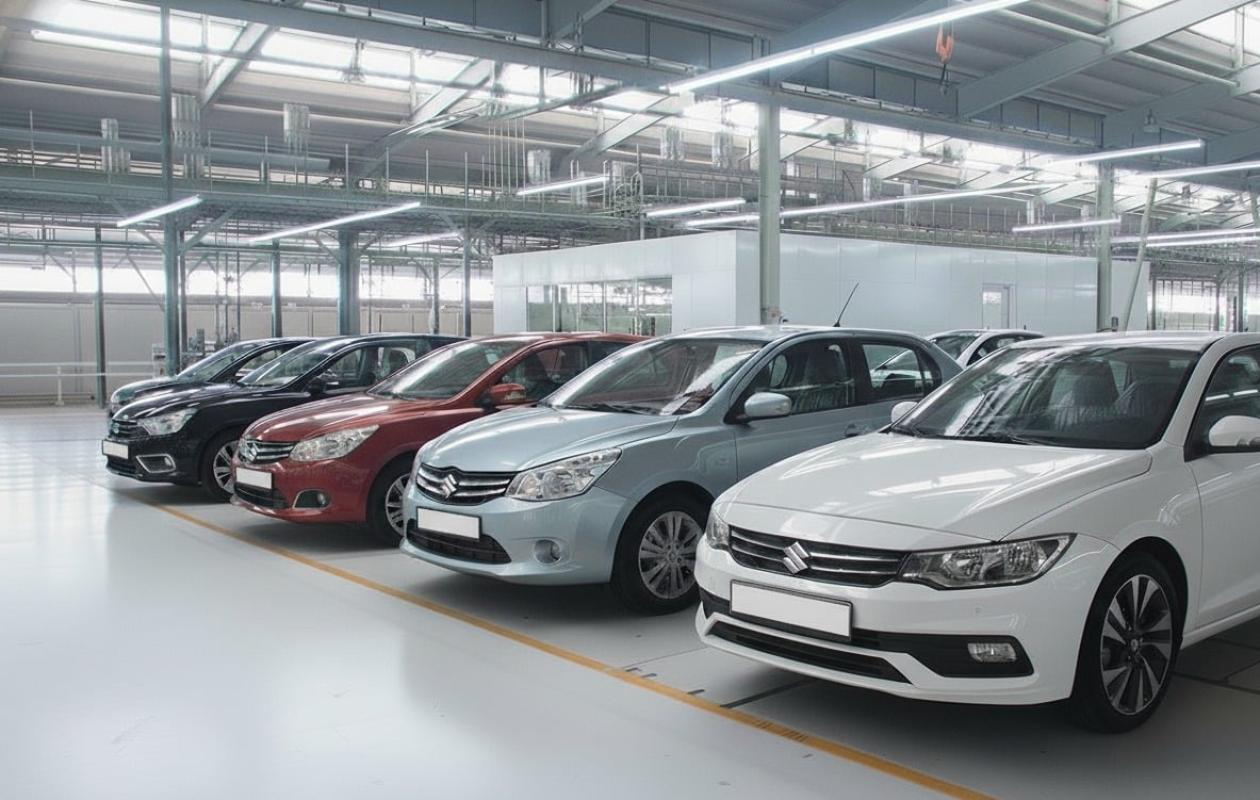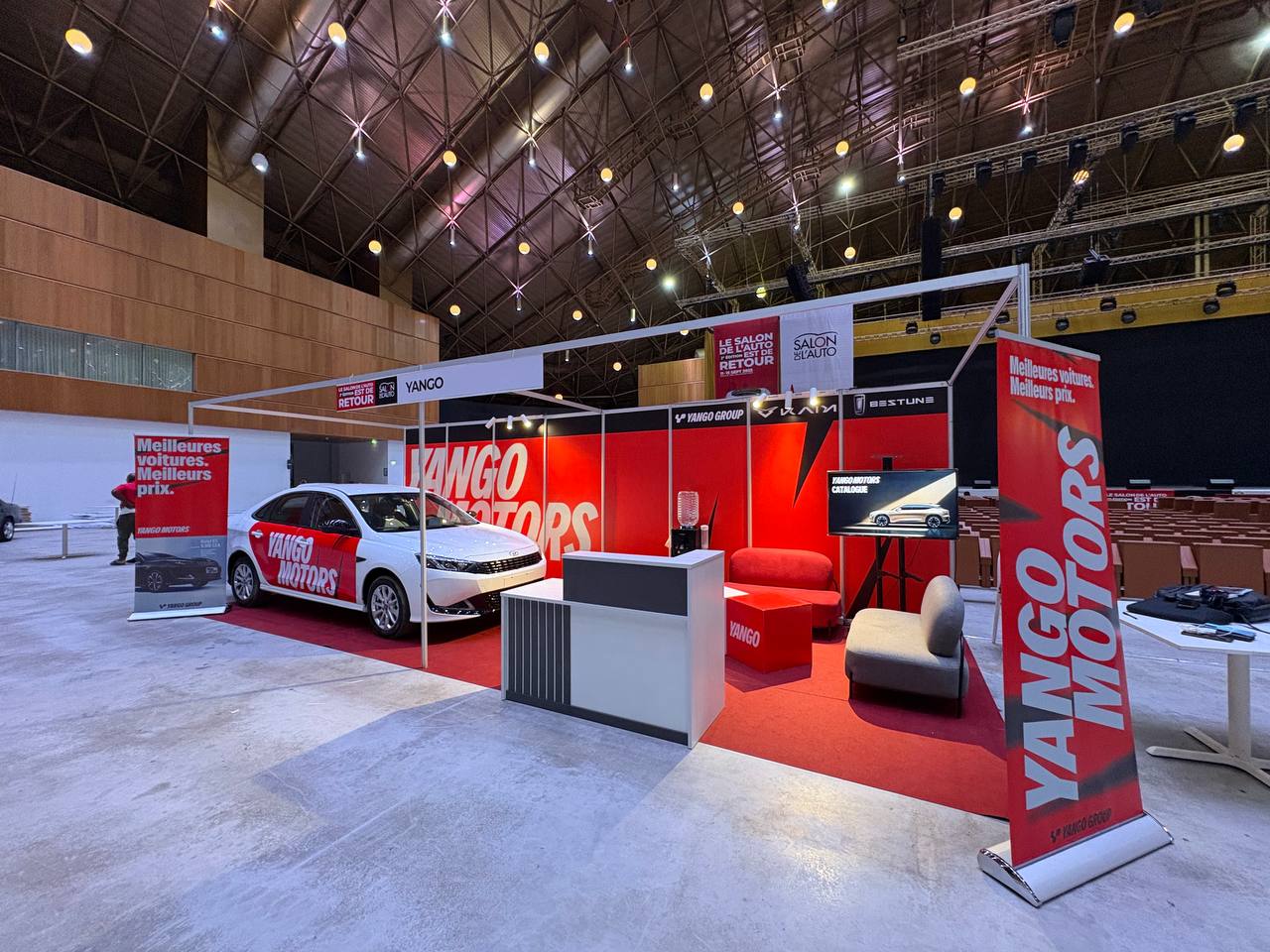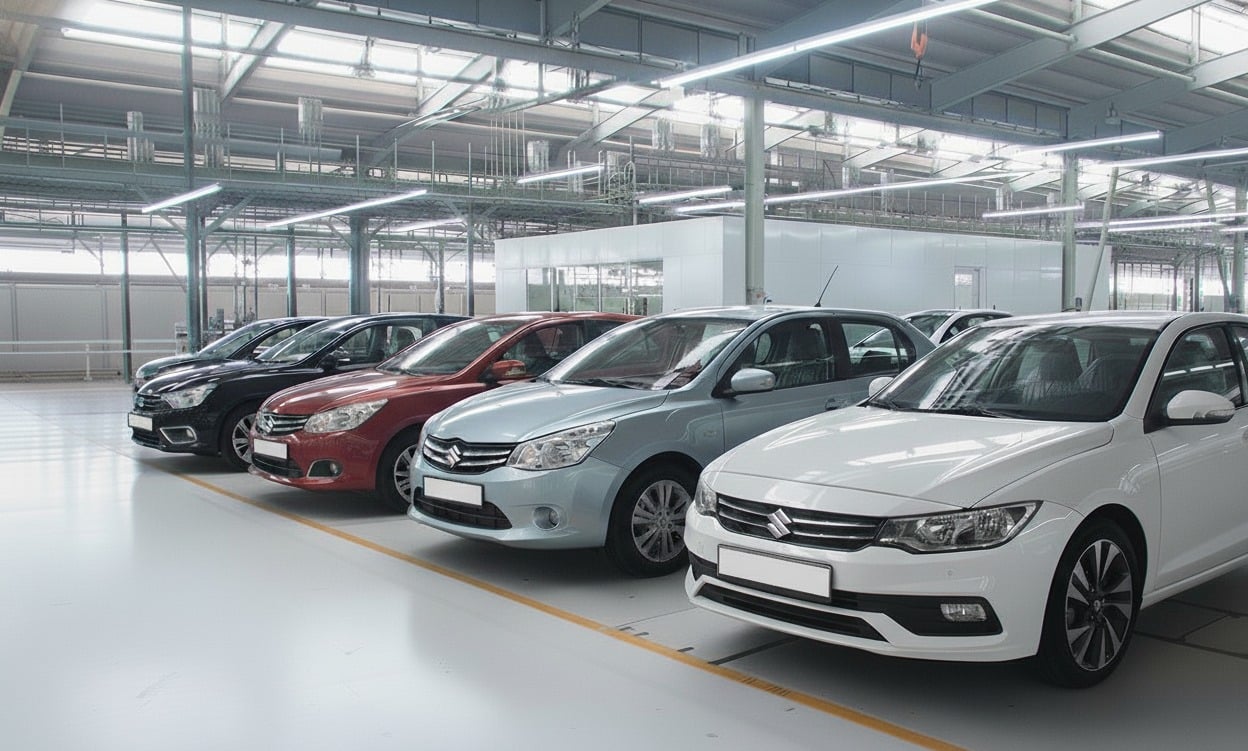
Les VTC, acteurs de la modernisation du parc automobile sénégalais
Behind every ride booked through a ride-hailing app, a whole segment of the Senegalese urban economy comes to life . Drivers, fleet operators, dealerships, and garages are all participating, often without realizing it, in a profound transformation: the renewal of the national vehicle fleet and the evolution of mobility practices. In Dakar, where traffic is both vital and chaotic, ride-hailing platforms are now emerging as a concrete lever for modernizing and professionalizing the sector.
For several years now, Senegal has been experiencing a rapid transformation of its transportation systems. Long dominated by traditional taxis and imported used vehicles, the market has been revolutionized by the rise of digital platforms like Yango, Heetch, and KAI ñu dem. Beyond the simple convenience of booking a ride via an app, these services have introduced new requirements: reliability, safety, transparency, and quality. This transformation is not limited to the user experience; it affects the very heart of the system – the vehicles themselves.

According to data from CETUD (Sustainable Urban Transport Executive Council – 2021 study), the average age of private vehicles and heavy goods vehicles in Senegal is around 20 years, and even reaches 28 years for coaches and minibuses. But in just a few years, ride-hailing platforms have contributed to the introduction of hundreds of newer vehicles onto Dakar's roads – more fuel-efficient, safer, and more comfortable models, which stand in stark contrast to the aging fleet.
In 2025, thanks to investments from partner fleet operators, Yango estimates that approximately 300 new vehicles were registered in Dakar, including recent models such as the Seniran, Kaiyi E5, and Suzuki Celerio. These modern vehicles are gradually replacing older models, often imported from Europe and nearing the end of their lifespan. And this trend is only accelerating: by the end of 2025, nearly 300 more vehicles are expected to be registered, confirming a sustained modernization movement.

For many drivers, this change is a game-changer. “ Before, I drove a car that was over ten years old, and breakdowns were frequent ,” says Ibrahima, a partner driver in Dakar. “ Now, with a new vehicle obtained through a fleet operator, I spend more time working than in the garage. Customers feel it too: the journeys are more comfortable and reliable. ” These testimonials illustrate how fleet renewal improves not only safety, but also service quality and driver profitability.
The positive effects are felt throughout the entire value chain. Newer cars mean fewer breakdowns, lower fuel consumption, and a smaller environmental footprint. This demand for quality helps strengthen trust between passengers and drivers, while raising the level of professionalism in the sector. Urban mobility, long characterized by informality, is thus becoming more reliable and better structured.
This dynamic echoes recent developments in the regional mobility landscape. The launch of Yango Motors, a new division of the Yango Group, which began operations in Côte d'Ivoire, was recently reported in the media. The initiative aims to facilitate access to modern, affordable vehicles adapted to local conditions—an approach that could soon be extended to Senegal.
Beyond simply supplying cars, Yango Motors aims to build an integrated ecosystem combining financing, maintenance, and professional support. Discussions are reportedly underway with local institutions to offer flexible credit solutions, structured after-sales service, and improved access to spare parts, thus laying the groundwork for a gradual transition to hybrid and electric vehicles.
The economic benefits are numerous: creation of direct and indirect jobs, boosting of the automotive market, improvement of road safety (fewer breakdowns, better controlled journeys) and environmental contribution (thanks to more economical models that reduce emissions and support sustainable urban mobility).
At the national level, this development is fully aligned with Senegal's ambitions for sustainable mobility. The government has made the modernization of transportation a key driver of growth and road safety. By leveraging digitalization, geolocation, and newer vehicles, ride-hailing platforms are making a concrete contribution to these objectives. The arrival of more efficient and better-maintained cars improves road safety while reducing the social cost of accidents and breakdowns.
The rise of ride-hailing services in Senegal is therefore not simply a technological trend: it reflects a structural transformation of urban mobility. By connecting drivers to new economic opportunities, modernizing vehicles, and integrating financing and maintenance solutions, these platforms are actively contributing to building a more efficient, professional, and inclusive transportation model.
Commentaires (7)
Participer à la Discussion
Règles de la communauté :
💡 Astuce : Utilisez des emojis depuis votre téléphone ou le module emoji ci-dessous. Cliquez sur GIF pour ajouter un GIF animé. Collez un lien X/Twitter ou TikTok pour l'afficher automatiquement.